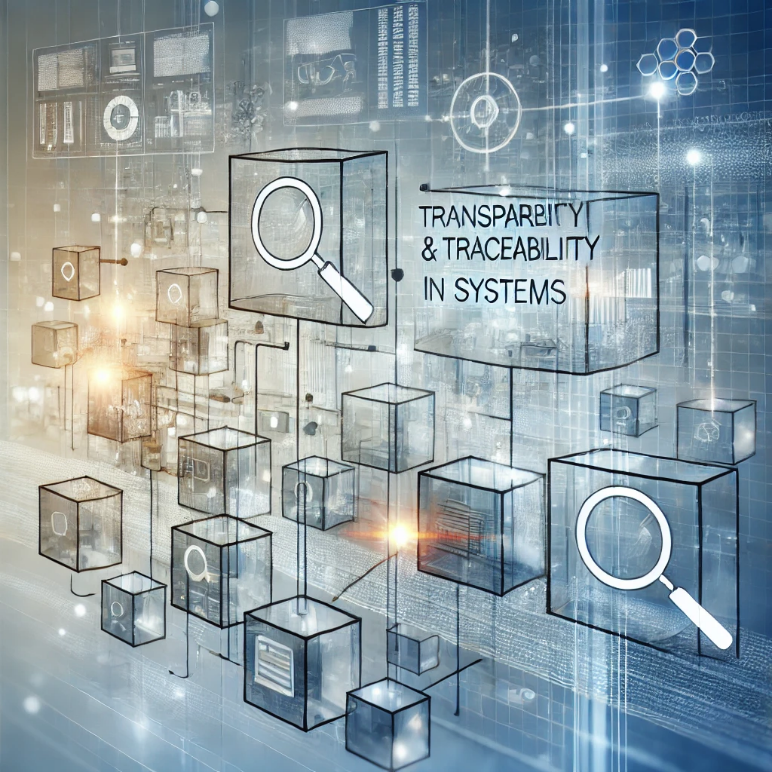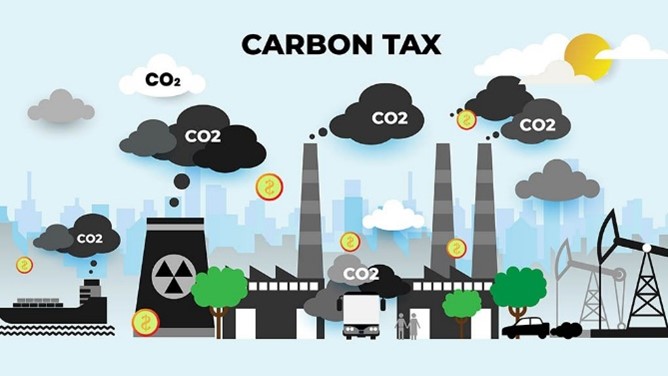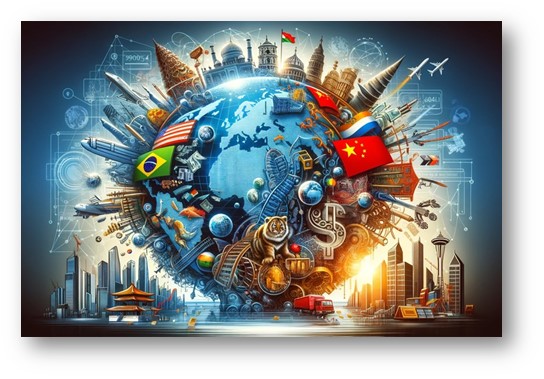What role does AI play in enhancing sustainability within global supply chains?

What role does AI play in enhancing sustainability within global supply chains?
by Maximilian 04:38pm Jan 28, 2025

AI plays a crucial role in enhancing sustainability within global supply chains by improving efficiency, reducing waste, and promoting eco-friendly practices. Here's how:
1. Optimizing Resource Use
AI helps businesses make better use of resources by:
Predictive Analytics: Forecasting demand accurately to prevent overproduction and reduce waste.
Smart Inventory Management: Ensuring the right amount of stock is maintained to avoid surplus and spoilage.
Energy Efficiency: Optimizing energy use in factories, warehouses, and transportation through AI-driven monitoring and adjustments.

2. Reducing Carbon Emissions
AI contributes to reducing the environmental impact of supply chains by:
Route Optimization: Minimizing transportation distances and fuel usage with efficient delivery routes.
Load Optimization: Maximizing cargo space in shipments to reduce the number of trips required.
Fleet Management: Enabling predictive maintenance for vehicles, reducing emissions from breakdowns and inefficient operation.
3. Enabling Circular Economy Practices
AI facilitates recycling and reuse by:
Product Lifecycle Tracking: Using IoT and AI to track products from production to disposal, enabling better recycling or refurbishing.
Material Recovery: Identifying and sorting recyclable materials efficiently with AI-powered robots and image recognition.
Reverse Logistics: Optimizing the return and reuse of products, components, and materials in the supply chain.
4. Enhancing Transparency and Traceability
AI improves visibility into supply chains, helping businesses ensure ethical and sustainable practices:
Blockchain Integration: AI combined with blockchain can provide an immutable record of a product’s journey, verifying its sustainability.
Supplier Monitoring: Assessing suppliers for compliance with environmental and social standards using AI-driven analytics.
Real-Time Insights: Monitoring environmental impacts like deforestation or emissions along the supply chain.

5. Reducing Waste in Production
AI-driven manufacturing systems minimize waste by:
Precision Manufacturing: Ensuring raw materials are used efficiently with minimal waste.
Defect Detection: Identifying defects early in the production process to avoid large-scale waste.
Demand-Driven Production: Producing goods based on real-time demand data to avoid excess inventory.
6. Supporting Sustainable Procurement
AI enables businesses to choose more sustainable options by:
Supplier Assessment: Identifying suppliers with lower carbon footprints or sustainable practices.
Scenario Simulation: Modeling the environmental impact of different sourcing and production strategies.
Cost-Benefit Analysis: Balancing sustainability goals with economic considerations.
7. Educating and Empowering Stakeholders
AI helps raise awareness and drive action by:
Sustainability Reporting: Generating detailed reports on the environmental impact of supply chain activities.
Consumer Insights: Helping companies design products and strategies that align with eco-conscious consumer preferences.
Employee Training: Using AI-powered tools to train supply chain professionals in sustainability practices.

Real-World Example
Unilever uses AI to track the sustainability of its raw materials and reduce its environmental impact by ensuring ethical sourcing and reducing waste in production.
Amazon employs AI to optimize packaging, reducing material use and transportation emissions.
In Summary
AI enhances sustainability in global supply chains by promoting efficiency, transparency, and eco-friendly practices. It helps businesses meet sustainability goals while maintaining profitability and meeting customer expectations for environmentally responsible operations.






